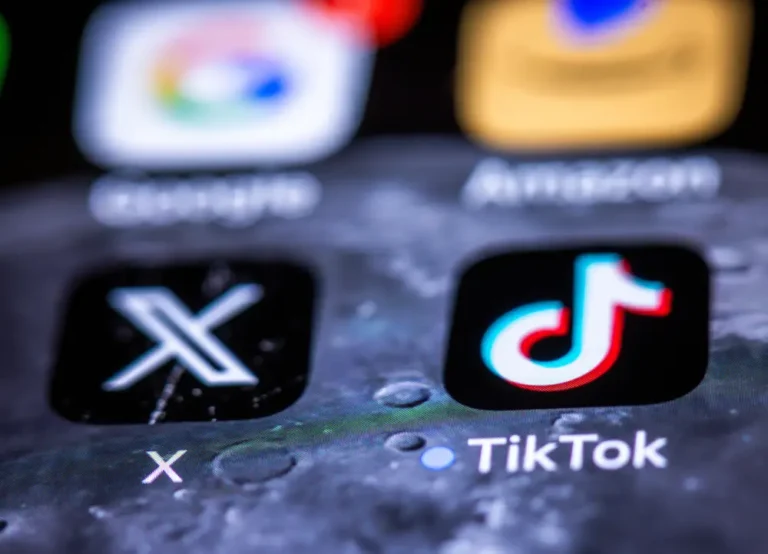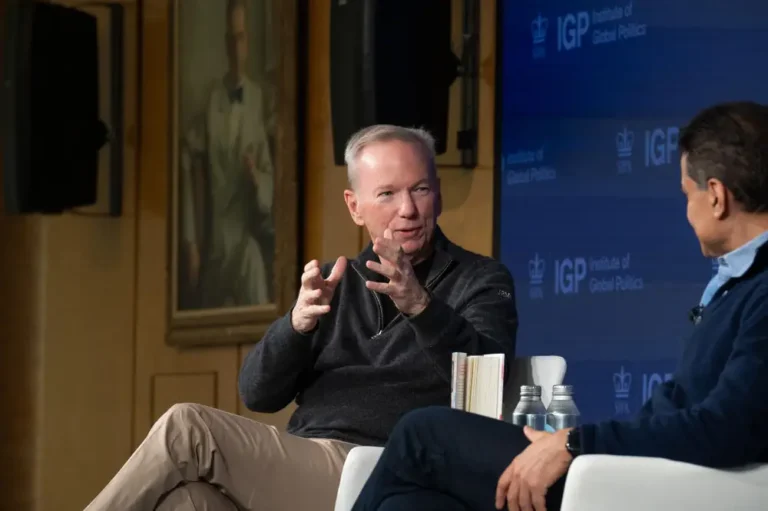Nvidia has lots of questions to answer in this week’s earnings call on product delays, competition, and China

Nvidia CEO Jensen Huang.
The last time Nvidia reported quarterly earnings in May, investors asked about potential chip hoarding, customers becoming competitors, and whether Nvidia’s promised speed of innovation was too fast.
AI moves fast, and so does the narrative around it. As Nvidia prepares to report its Q2 earnings on Wednesday, some of those questions are still relevant, while some have fallen by the wayside.
Three months later, as the sheer size of AI spending across the tech giants has sunk in and the market has seen its first major semiconductor sell-off since ChatGPT launched, Nvidia analysts and investors have an entirely new set of facts to analyze.
Investors will likely ask if and when demand for Nvidia’s much sought-after GPUs will slow down, not if customers are buying them faster than they can use them. Efforts by other companies to build competitive AI chips still haven’t reached more than a simmer, and the much-lauded rollout of Nvidia’s next-generation chip Blackwell is reportedly delayed.
Nvidia’s stock price has also been on a roller coaster since May, with shares tumbling in July after concerns over potential tighter trade restrictions with China.
Reports from earlier in August that Nvidia’s next generation of chips would be delayed sent a ripple of questions through the AI and semiconductor worlds.
Blackwell chip delays
While analysts weren’t too worried, some questioned whether a delay in the rollout would trouble supply chain partners that have reserved capacity to satisfy Nvidia’s manufacturing ramp-up. Dylan Patel, lead analyst at SemiAnalysis, previously told B-17 something similar.
While the Blackwell chips are delayed, Morgan Stanley analysts wrote in a note published Monday that Nvidia will likely say that it’s still “in line for volume this quarter” and that it will ramp up this year. The analysts also wrote that revenue from existing products, specifically the H200 and H20 AI chips, could offset any delayed revenue from Blackwell.
“The biggest doubt hanging over NVDA stock, is whether sales growth will slow later this year ahead of the shipment of the new Blackwell chips, which is scheduled to ship in mid-October. This lag and difficult comparisons cast some shadows over the current lofty valuation,” Dan Morgan, senior portfolio manager at Synovus, wrote in a note to investors.
Wednesday could be the first time Nvidia speaks about the delay.
Nvidia faces more competition
Nvidia has big concerns coming up in the longer term. Competitors are coming for its crown, and the AI computing market is evolving as it matures. Continuing demand for Nvidia’s products and services is expected but far from assured.
Nvidia is the last to report its second-quarter earnings within the AI-focused cohort of tech companies, and it’s the North Star for AI believers.
Amazon, Google, Meta, and Microsoft are on track to spend $185 billion on AI before the end of the year, according to a JPMorgan analysis. Most of that spending will go toward computing resources, a majority of which are Nvidia GPUs. This quarter, CEOs made clear that they won’t wait for AI profits to keep spending on AI infrastructure.
Meta spent $8.5 billion in the second quarter on computing infrastructure for AI and the metaverse. It plans to spend between $37 billion to $40 billion this year, although CEO Mark Zuckerberg told investors in July not to expect immediate payback.
“Before we’re really talking about monetization of any of those things by themselves, I don’t think anyone should be surprised. I would say that would be years,” Zuckerberg said in last month’s earnings call.
Amazon has expanded its own chip development to reduce its reliance on Nvidia and announced on its last earnings call that it will roll out updated versions of its Trainium and Inferentia chips.
Nvidia’s chips are still a must for the most complex AI computing jobs, as Amazon still purchases chips from Nvidia. Yet, the cloud and e-commerce giant has repeatedly said that developing its in-house chips allows it to offer customers a lower price for cloud computing.
Google also uses its own chips for some AI computing and spent billions to build and expand its data centers.
Nvidia’s main rival, AMD, beat earnings expectations last quarter. AMD CEO Lisa Su told analysts on the July 30 earnings call that the excess came from its AI chip sales.
Geopolitical questions
While global demand for GPUs is high, Synovus’s Morgan said Nvidia can afford to absorb some shifting sands in the Chinese market, although that may not always be the case.
A new administration in the White House (of either major party) could also throw sand in the gears. Nvidia’s H20 chip, specifically designed to comply with US expert rules, is a “meaningful contributor” to its overall performance, according to Morgan Stanley.
Chinese companies have been using resellers to get their hands on Nvidia’s chips, and Nvidia will reportedly release a new flagship chip that complies with export controls specifically for the Chinese market. Any further crackdown on American AI technology reaching the Chinese market could impact Nvidia.
Whether it’s a possible slowdown in demand, execution issues, pressure from competitors, or further restrictions on the Chinese market — none of the pressing questions analysts will likely hurl at Nvidia CEO Jensen Huang Wednesday will impact the company until next year, but these big questions will still loom.






